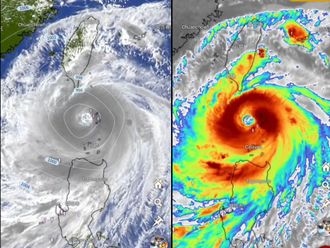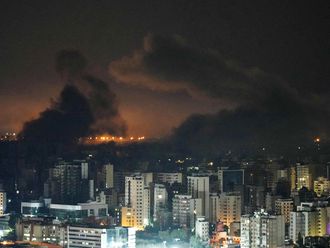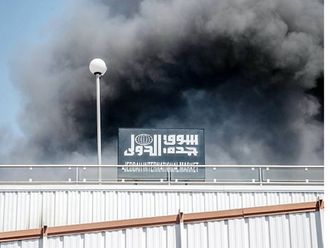Manila: Hospitals, police and firefighters were placed on high alert yesterday as Filipinos geared up to welcome the New Year.
"The red alert status will be observed for as long as those injured in the New Year merrymaking continue to arrive at the hospitals," Department of Health Undersecretary Elmer Punzalan said.
Sometimes the celebrations get out of hand due to intoxication or simple recklessness. Punzalan said doctors are on hand at the hospitals to attend to emergency cases.
According to physicians, in most cases of firecracker and pyrotechnics accidents, amputation of the injured limb is necessary.
Health Secretary Enrique Ona said injuries from firecrackers are not only painful but also expensive to treat. Every year, hundreds of Filipinos are injured in firecracker accidents. Most of the victims are in the 1-10 age group.
On December 31, 2010 and January 1, 2011, this age category comprised 34 per cent of the overall cases nationwide.
Strict orders
The number of firecracker injuries rises on December 31 and January 1.
Meanwhile, Philippine National Police (PNP) Director General Nicanor Bartolome said the PNP will be uncompromising in enforcing the law against dangerous firecrackers and pyrotechnics.
The national police chief said that, already, at least three policemen were caught firing their weapons despite strict orders against it.
The PNP had even sealed the muzzle of police sidearms with adhesive tape. At least one civilian lost his life because of police shooting.
Interior Secretary Jesse Robredo said the government is studying amendments to the country's law governing the use of firecrackers or Republic Act 7183 to give it more teeth.
Deputy presidential spokesperson Abigail Valte said the palace will be seeking the help of the legislative branch to pass a law on the total ban of firecrackers.
Despite the number of injuries and deaths every year, the government has yet to pass a law banning the use of firecrackers.
Some sectors said the passage of a law against such a dangerous activity will be a true test of political will for the administration of President Benigno Aquino.
"That would be up to the House and to the Senate if they want a total ban. I understand that there are several areas that have already enacted a ban through local ordinances," Valte said as she referred to Davao and Cotabato cities in Mindanao.












